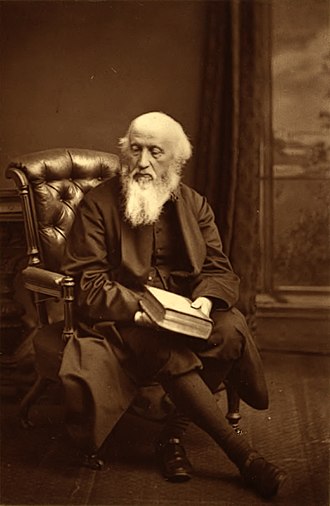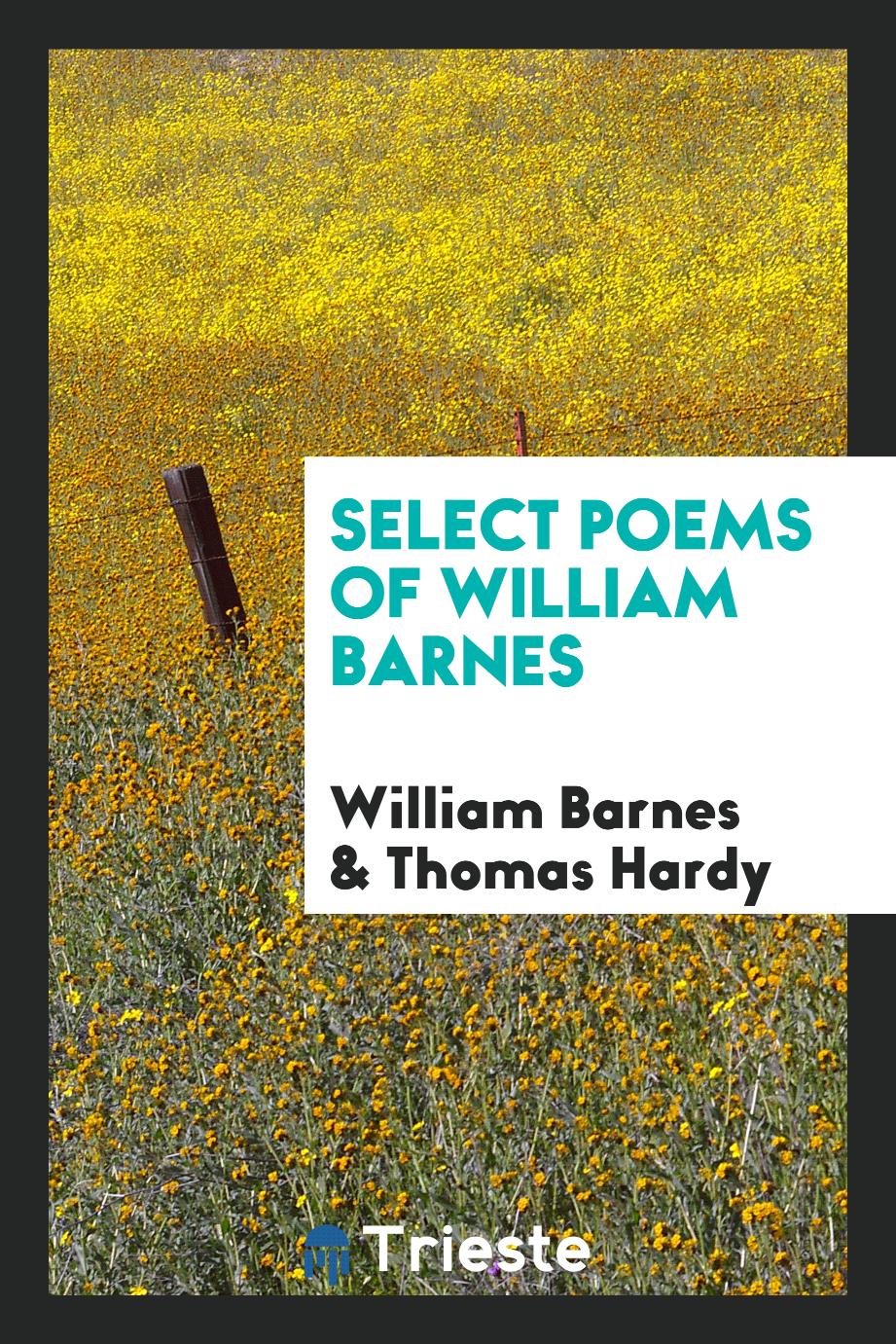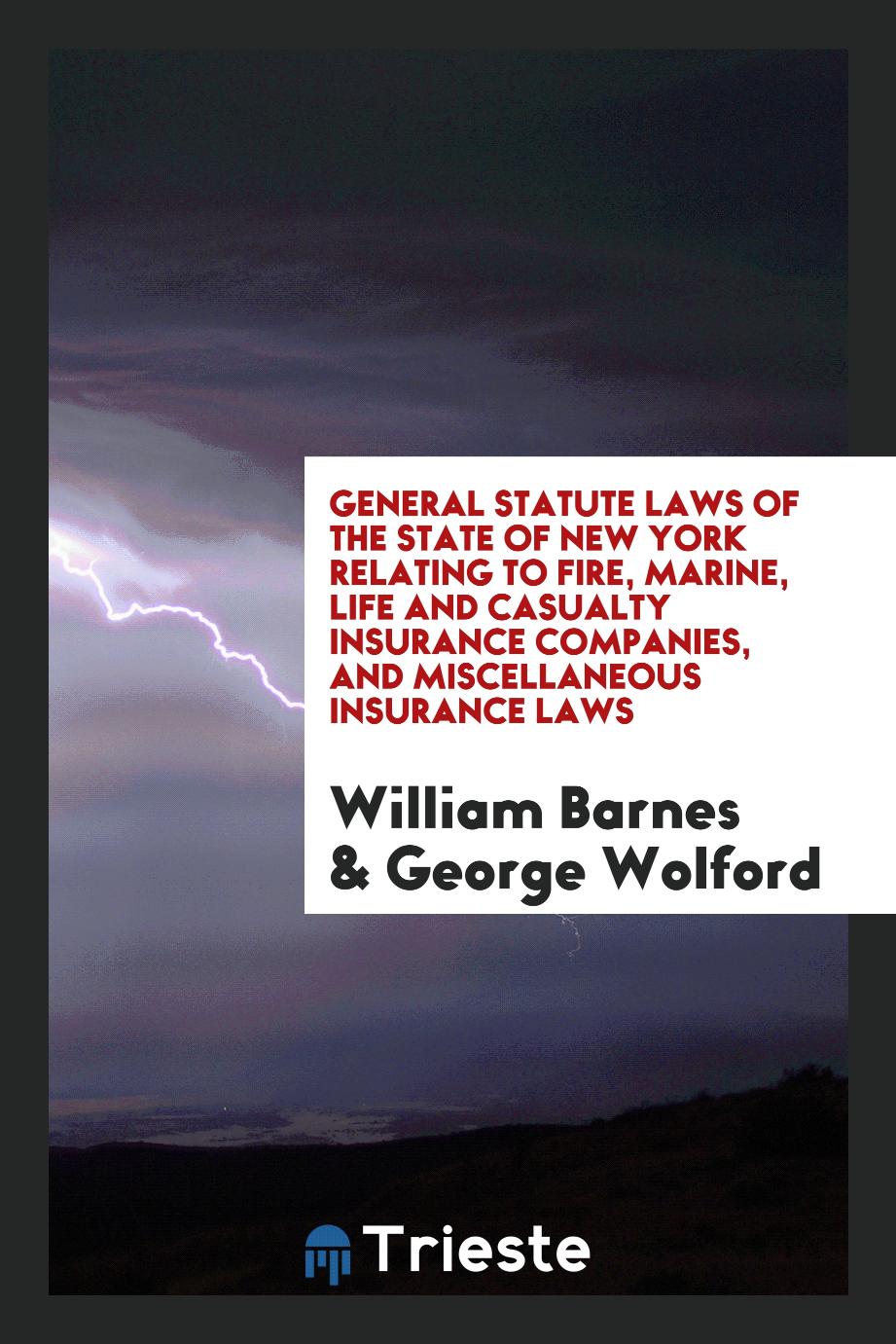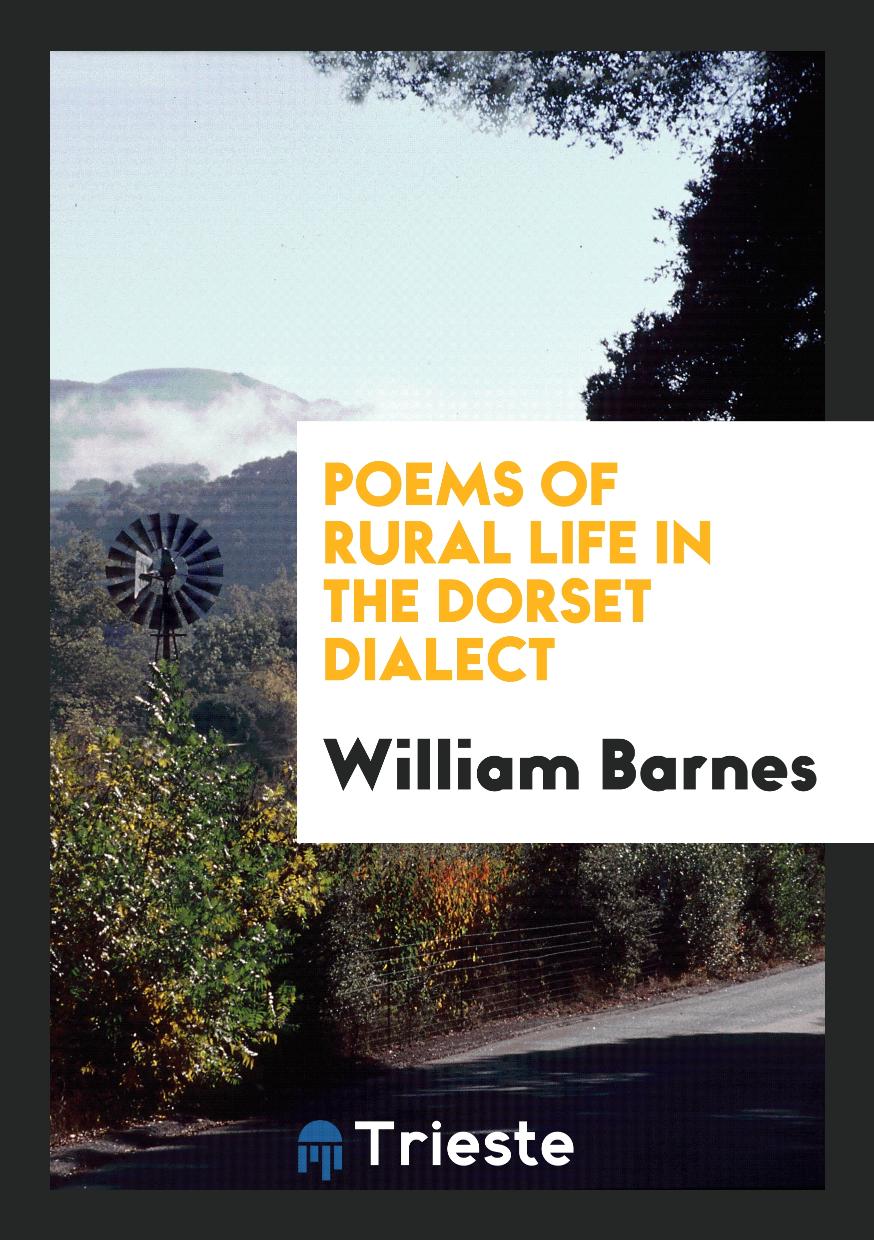
William Barnes
William Barnes (February 22, 1801 - October 7, 1886) was an English writer, poet, priest of the Church of England, and a philologist. He wrote over 800 poems, some in the Dorset dialect, and many other works, including a comprehensive quote from English grammar from over 70 different languages. Barnes was born in Rushy in Bagber County, Dorset, to a farmer's family. His formal education ended when he was 13 years old. Between 1818 and 1823, he worked in Dorchester County as a clerk for a lawyer, and then moved to Mer in neighboring Wiltshire and opened a school. At this time, he began to write poetry in the Dorset dialect, and also to study several languages (Italian, Persian, German and French, in addition to Greek and Latin), play musical instruments (violin, piano, and flute) and practice wood. engraving. In 1827, he married Julia Miles, daughter of an excisor from Dorchester, then returned to the county town in 1835, where he again led the school. The school was originally on Durgate Street, then was moved to South Street. The second passage to another section of South Street made the school a neighbor in the profession of architect, where Thomas Hardy was a student. Architect John Hicks was interested in literature and classics, and when in practice there was a debate about grammar, Hardy came to neighboring Barnes for an authoritative opinion. Among his other literary friends were Lord Tennyson and Gerard Manley Hopkins.








